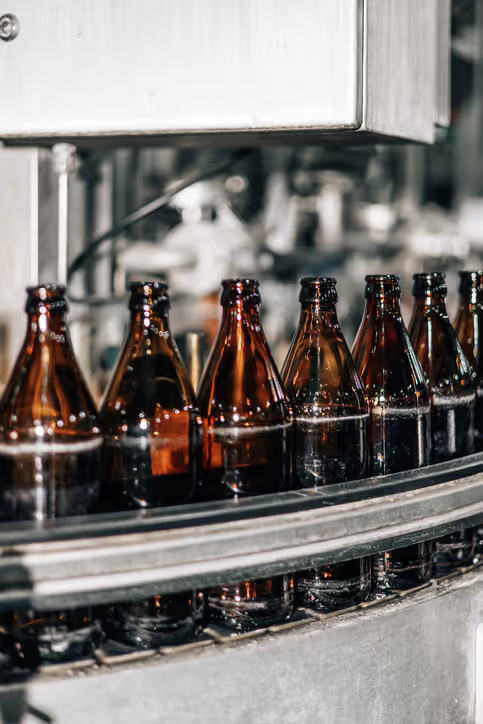Tax cuts are brewing
Written By

Insights
26 Mar
2025
00
min read
The Federal Government are hoping to support the alcohol sector through changes to alcohol taxes, as announced in the 2025-26 Budget. Three key measures have been announced which will reduce tax paid by $165 million over five years.
Measure 1: Freezing draught beer excise
Indexation on the draught beer excise and equivalent custom duties usually occurs twice a year. The new Budget measure seeks to freeze this from August 2025 – February 2027. The next increase in indexation will occur in August 2027. The measure hopes to reduce the cost of making, pouring and drinking a schooner.
Measure 2: Increasing the excise remission cap
Eligible brewers and distillers currently receive an excise remission of up to $350,000. The cap will be increased to $400,000 from 1 July 2026.
Measure 3: Increasing the Wine Equalisation Tax (WET) producer rebate
Similarly to the excise remission cap, eligible wine producers currently receive a Wine Equalisation Tax (WET) rebate of up to $350,000. This cap will also increase to $400,000 from 1 July 2026.
Measures 2 & 3 aim to support alcohol producers who play an important role in Australia’s economy.
The real impact
Whilst these measures provide some relief to industry participants and consumers in the current cost of living crisis, one questions whether the Federal Government has done enough to provide assistance to a struggling alcohol industry. High inflation meant beer excise, tied to the Consumer Price Index, has jumped significantly. A freeze is welcome, but Australia still has the world’s third highest tax on beer, stifling smaller players, such as craft breweries. The freeze also does not apply to distillers, who have dealt with the same consistent increases in excise.
Increased material costs and changes in consumer preferences have also put a squeeze on producer’s profit margins. Packaging, bottling, labour and raw material costs have all increased in the last 5 years. The wine industry has also been privy to extreme climate events damaging grapes. There have been some increases in demand for non-beer alcoholic products like spirits, however, reduced discretionary spending and a more health-conscious society has Australians opting for lower alcohol or alcohol-free options. The decreasing demand for wine, paired with global oversupply and uncertainty in export markets provides for further risks to producers.
If you are a brewer, distiller or wine producer looking to explore a relevant rebate, feel free to contact us.
Our people go beyond the standard
We pride ourselves on being high achievers, fostering a culture of excellence. We are driven by success. And not just for ourselves, but for our wider stakeholders and most importantly you, our client.



.jpg)

.avif)




